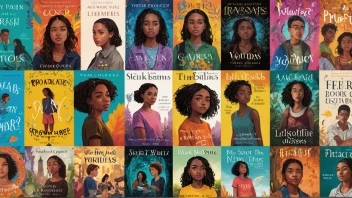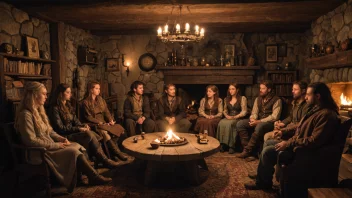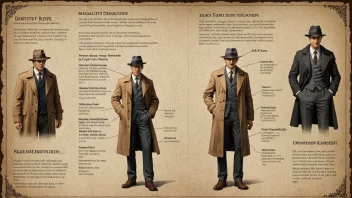Throughout the history of literature, friendships have been a central theme that transcends genres, cultures, and eras. Fictional friendships serve not only as a means of character development but also as a reflection of the complexities and nuances of human relationships. In this article, we delve into various works of fiction that portray friendships, exploring their significance and the messages they convey.
One of the most iconic friendships in literature can be found in J.R.R. Tolkien's The Lord of the Rings. Frodo Baggins and Samwise Gamgee's relationship is a testament to loyalty and sacrifice. Sam's unwavering support for Frodo as they embark on their perilous journey to destroy the One Ring showcases the power of friendship in overcoming adversity. Their bond highlights how true friends can uplift one another, even in the darkest of times.
Similarly, in Harper Lee's To Kill a Mockingbird, the friendship between Scout Finch and Dill Harris exemplifies childhood innocence and the exploration of moral values. Their imaginative adventures serve to emphasize themes of empathy and understanding. The novel illustrates how friendships can shape our perceptions of right and wrong, especially during formative years.
In contrast, the relationship between Elizabeth Bennet and Charlotte Lucas in Jane Austen’s Pride and Prejudice presents a more complex perspective on friendship. While they share a deep bond, their differing views on marriage and societal expectations create tension. This dynamic raises questions about loyalty, personal choices, and the sacrifices one makes in the name of friendship.
Moreover, friendships in literature often reflect societal changes and cultural contexts. In Chimamanda Ngozi Adichie's Americanah, the friendship between Ifemelu and her college friend, Ginika, spotlights the challenges faced by immigrants and the complexities of identity. Their relationship navigates the realities of race, culture, and the pursuit of belonging in a new world, illustrating how friendships can be both a source of comfort and a mirror to societal issues.
The exploration of fictional friendships also extends to genres such as science fiction and fantasy. In C.S. Lewis's The Chronicles of Narnia, the Pevensie siblings' camaraderie illustrates the importance of unity and collaboration in overcoming evil. Their collective strength emphasizes how friendships can empower individuals to face extraordinary challenges together.
In conclusion, fictional friendships provide valuable insights into the human experience. They allow readers to reflect on their own relationships and the significance of companionship. From loyalty and sacrifice to the exploration of societal issues and moral dilemmas, these literary friendships remind us of the profound impact that friends can have on our lives. As we continue to explore the vast world of literature, let us celebrate these relationships that enrich our understanding of love, loyalty, and the intricate tapestry of human connection.






